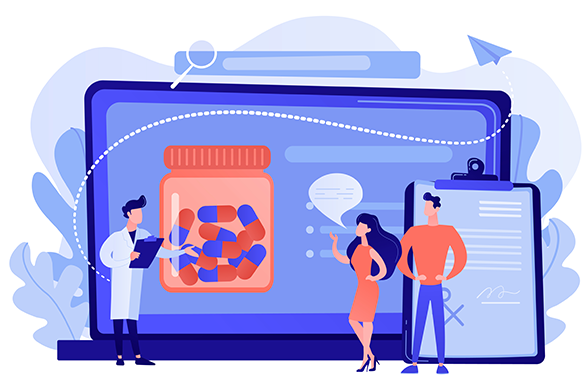
Rosetta Translation provides comprehensive professional pharmaceutical translation services for our clients’ business needs. Our blend of experienced, skilled language professionals, pharmaceutical industry experts, and project managers increasingly makes Rosetta the partner of choice for even the most complex and specialist pharmaceutical translation needs.
Thanks to our extensive experience in carrying out pharmaceutical translations, and long-term relationships with blue-chip pharmaceutical clients, Rosetta Translation is the perfect company to turn to when you require pharmaceutical translations.
For a free instant quote, please contact us at any of our local offices in London, Shanghai, New York, Paris or Luxembourg.
We are one of the few translation companies that have achieved the prestigious ISO 9001:2015 and ISO 27001:2013 certifications as well as the DIN EN 15038 norm, the only norm specifically designed for translation services. As a result, our customers can be completely assured of the consistent quality of our pharmaceutical translations.
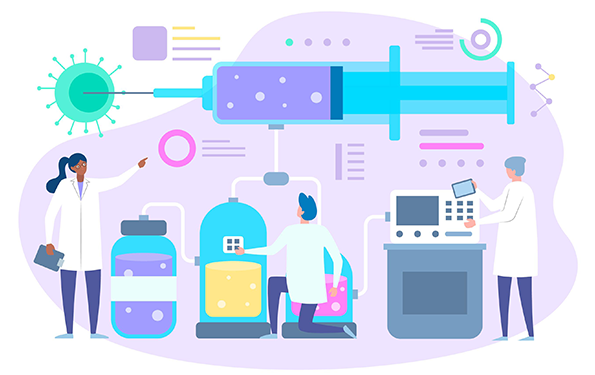
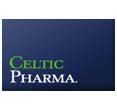
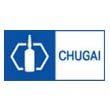


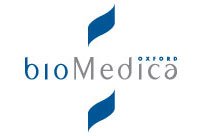

Each assignment undertaken by Rosetta is managed throughout by a single project manager, a skilled language professional with extensive training, both theoretical and practical, not only in translation, but in the strict quality control procedures on which Rosetta prides itself.
The project manager will ensure that your pharmaceutical translations are assigned to a translator, who, in addition to the high-quality language qualifications we demand of anyone who translates for us, has extensive prior experience in the pharmaceutical industry.
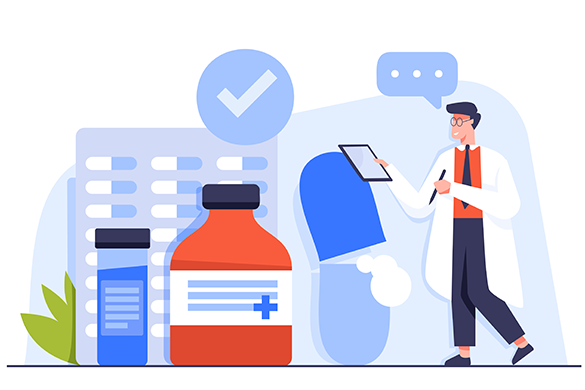
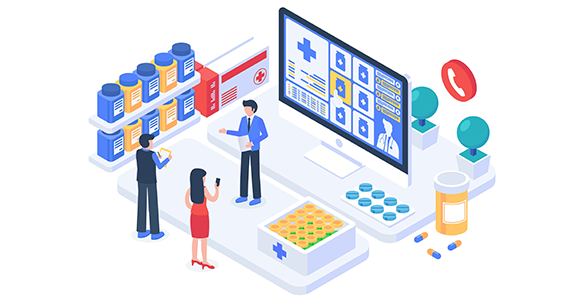
After translation, your document will then be passed on, first to an editor, and then to a proofreader. These will also be trained linguists, who will check the document for accuracy regarding language and terminology, and ensure that the completed assignment is a true and faithful representation of the original source document in all its respects.
Confidentiality is vitally important in pharmaceutical translations, and Rosetta’s strict confidentiality policy reflects this fact. In addition, for particularly sensitive documents, we are happy to sign specific non-disclosure agreements if required to by clients.
The UK pharmaceutical sector employs approximately 63,000 people and according to the Irish Government’s trade and innovation agency, generates a market value of around £21 billion. Pharmaceuticals cover a wide range of applications that often require the input of professional pharmaceutical translation services to make them work and be able to be used and shared globally. For example, medicine insert and label translations are constrained by space and need to be accurate and concise; especially instructions-for-use inserts, which not only need to be clear but also understandable in layman terms, as patients would most likely not be medical professionals and therefore accessibility is paramount in these translations. Pharmaceutical translation services also extend to drug research, like testing in clinical trials and the associated reports, patents and publications that come with it. As the language of science is primarily English, in order for non-native English researchers to be published, it’s often necessary that their work be translated into English if not the original language of the paper. These research papers need translators who are experienced and up to date with the associated medical research so that they are able to convey accurately and faithfully the research and have awareness of the terminology and phraseology in the field.
Research rarely happens in one place and is often collaborative between partners and across multiple countries. Even before thinking about translation into English for the end of the study, translation happens beforehand as different countries are included in the research. Specifications, instructions and informed consent forms therefore all need to be produced in alternative languages and need to be consistent between them. This means there is a need to create glossaries and phraseology dictionaries for use across documents to ensure consistency and avoid ambiguity. Translators are not just needed during the research and dissemination processes, but in marketing and ongoing research too, especially with how the medical field is now, oftentimes with drugs being approved by several health services globally.
Patents date back to the 14th century when King Edward in England wanted to entice skilled workers and tradespeople to set up shop, teach and trade their skills and had promised them in return letters which guaranteed monopolies on industries. This developed into what we know patents to be today; a document which prescribes the exclusive rights to a new invention or innovation that has an industry application. Patents need to be concise in order to be approved, there must be no ambiguity. They are comprised of an abstract, background information, summary of the invention, figures, a “specification” (detailed description about how the invention was made and how it can be used), and the claims (the legal boundaries of protection). Translating patents therefore is a beast all in itself, with translators having to make sure that their work reflects not only the source language, but adheres to expected terminology and phraseology, and have an awareness of Patent Law in the target language to ensure that their translation is appropriate for use. This, combined with the need for further specific medical and pharmaceutical terminology means that Pharmaceutical Patent translators are extremely skilled and experienced professionals who need to work within extreme parameters with regards to their work. If you choose to use a translator unfamiliar in the field, you risk your patent being made invalid due to poor translation. At Rosetta Translation, you can be sure that your translation will be completed by an experienced patent translator with extensive knowledge of pharmaceuticals so you can be sure that you are in good hands, every step of the way.
Related to the pharmaceutical field is medical translation, which Rosetta is also very experienced in providing.
The medical translators used by Rosetta are subject to exactly the same strict criteria as our pharmaceutical translators, a fact which, in conjunction with our quality control process, means that our translations in the field, be they medical or pharmaceutical, are guaranteed to be of the highest possible quality.






What is the UN French Language Day? On 20 March, we once again celebrate UN French Language Day, a global celebration of linguistic diversity and cultural exchange. Created by the United Nations in 2010, this day is to remind us …

